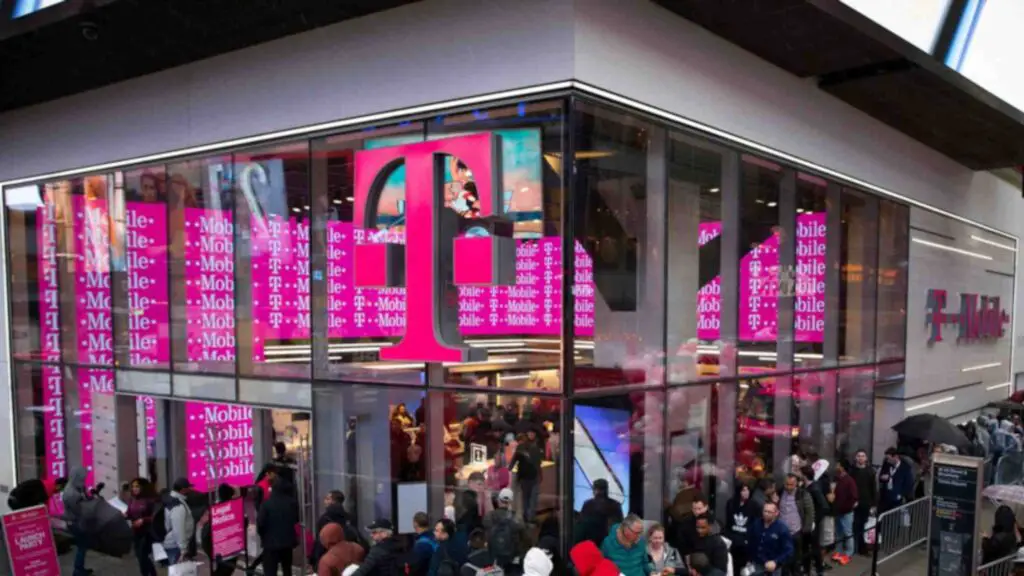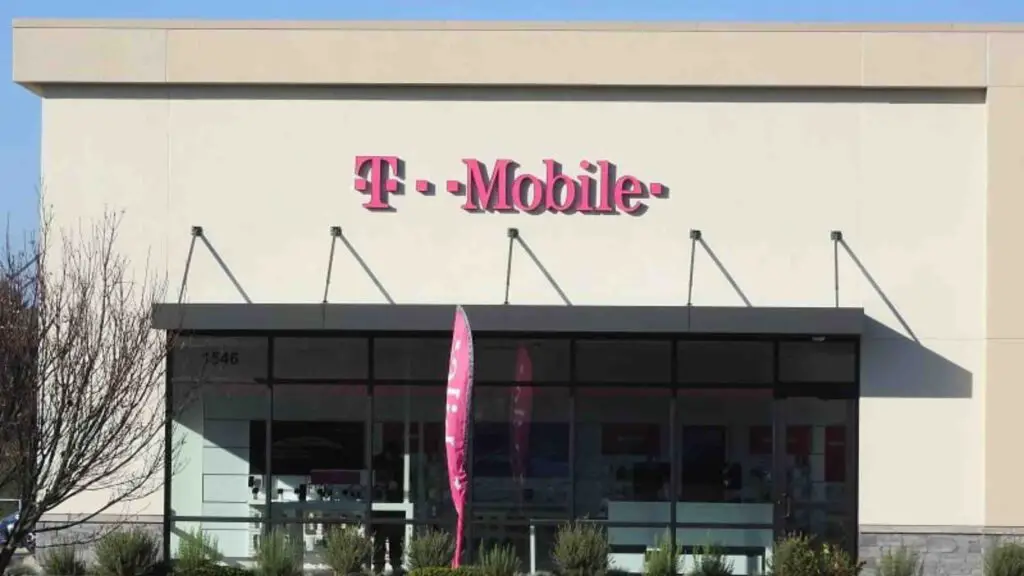Is T mobile closing stores in 2023? T-Mobile’s physical stores will be reduced. The company’s President of Consumer Group, Jon Freier, stated in a news release that “brick-and-mortar retail is gone in the modern, digital-first world.” To keep up with this ongoing transformation, the self-described “un-carrier” plans to modify its retail stores. In the upcoming months, the company might close many physical stores. In preparation for this planned restructure, the wireless giant has already laid off workers.
DiscontinuedNews is impartial and independent, and every day, we create distinctive, world-class programs, news, and content that inform, educate and entertain millions of people worldwide.
T-mobile closing stores 2023

T-Mobile, a wireless service provider, plans to close several physical locations. On January 12, notifications came that their locations would soon be closing. The same was sent to the affected retailers. All Metro by T-Mobile sites that are owned by the company, as well as a few T-Mobile stores, would be affected by the shutdown. The prepaid wireless branding of T-Mobile is Metro.
The T-Mobile store at the Lycoming Mall in north central Pennsylvania is one of the final eight surviving businesses. Whether T-Mobile intends to close the mall site soon has yet to be discovered. Likewise, T-Mobile has removed positions for district and regional territory management. Thousands of stores around the nation will be affected by this move.
“The COVID-19 global outbreak, which occurred in early 2020, has altered consumer behavior,” claims the T-Mobile executive. Everybody turned to online purchases while travel bans and lockdowns were in effect. Naturally, spending on e-commerce increased dramatically by 55% “in the past two years.”
An incredible $1.7 trillion was reportedly spent online by American consumers during such a time. Naturally, once those limitations were removed, consumers rushed into physical stores. Since the outbreak, many brand-new physical retail stores have emerged in the US.
But now, everything is different. A one-size-fits-all business model is no longer applicable, according to Jon. To provide customers with increased flexibility and better experiences, T-Mobile is “rethinking” its retail network. This will include focusing its offline business through the use of its shops.
Signature shops, experience stores, neighborhood stores, and express stores are this company’s four different types of brick-and-mortar stores. These shops will each meet other client demands. The business will also provide mobile stores and little kiosks inside large retail chains like Costco, Walmart, and Best Buy.
T-mobile layoffs
The executive layoffs include:
- Territory managers.
- Regional indirect sales managers.
- Market leaders who assist in coordinating retail activities at shops across several states.
Kiosk operators at Walmart and Best Buy shops are among the affected jobs. The Desk calculates that there will be in the “low hundreds” of layoffs. It is unclear how many stores will shut down at this time. T-Mobile still needs to release a list. According to the Desk story, the corporation is attempting to save costs by making layoffs.
The T-Mobile executive takes good care not to bring up the topic of closing retail locations. However, numerous insiders have indicated that the business has already started making plans. It has told staff members at several retail locations that their work sites will shortly close. In addition, the wireless industry giant has terminated several positions it no longer considers necessary.
T-Mobile had previously laid off employees following its $26 billion acquisition of Sprint in 2020. Several engineers were reportedly let go in September of last year. After the merger was finalized around three years ago, another massive layoff occurred almost immediately.
As part of this mega-merger of two wireless giants, T-Mobile agreed to add more than 11,000 new jobs by 2024. However, this is not the case. Once T-Mobile finalizes its planned retail restructure, many more employees could lose employment. Thus, according to business links provided by The Desk, the layoff may have impacted more than 100 T-Mobile workers.
Is Metro by T-Mobile shutting down?
Metro by T-Mobile is shifting toward closing all of its corporately owned locations. The Metro corporate store workers informed the National Wireless Independent Dealer Association (NWIDA) on January 12 that all Metro corporate shops in the Northeast will be closing. The association has also seen social media posts announcing the closure of all major chains.
Only a tiny percentage of Metro by Doors Mobile locations are corporate-owned. According to a recent report, Metro had just 186 corporate-owned retail locations as of November 2022. 7,500 stores are controlled by dealers, in contrast.
Sources revealed that the 186 corporate-owned stores will only close if Metro’s corporate channel ends. It’s predicted that Metro by T-Mobile will allow its dealers to take over leadership of many places. However, according to a report in The Desk, T-Mobile laid off Metro’s regional and store managers. This decision is directly related to the closure of corporate stores.
” Freier stated, “We will keep going to provide customers with the comfort of buying T-Mobile products and services where they already shop,” Freier stated. Their T-Mobile unit or skilled store employees will work at small kiosks at widespread merchants and large stores like Costco, Walmart, Best Buy, and others places. He didn’t specify store-in-store Metro by T-Mobile locations or their future growth, but they have been seen in a community near BestMVNO.
Conclusion
“This is just the beginning of our proposal to totally change our sales approach to support customers, and this process will take several years.” T-Mobile’s Freier stated in his post that the company has been “busy working through changes with how we’ll staff our shops, recruit additional talent, and invest in technology to continue restructuring our systems.”
